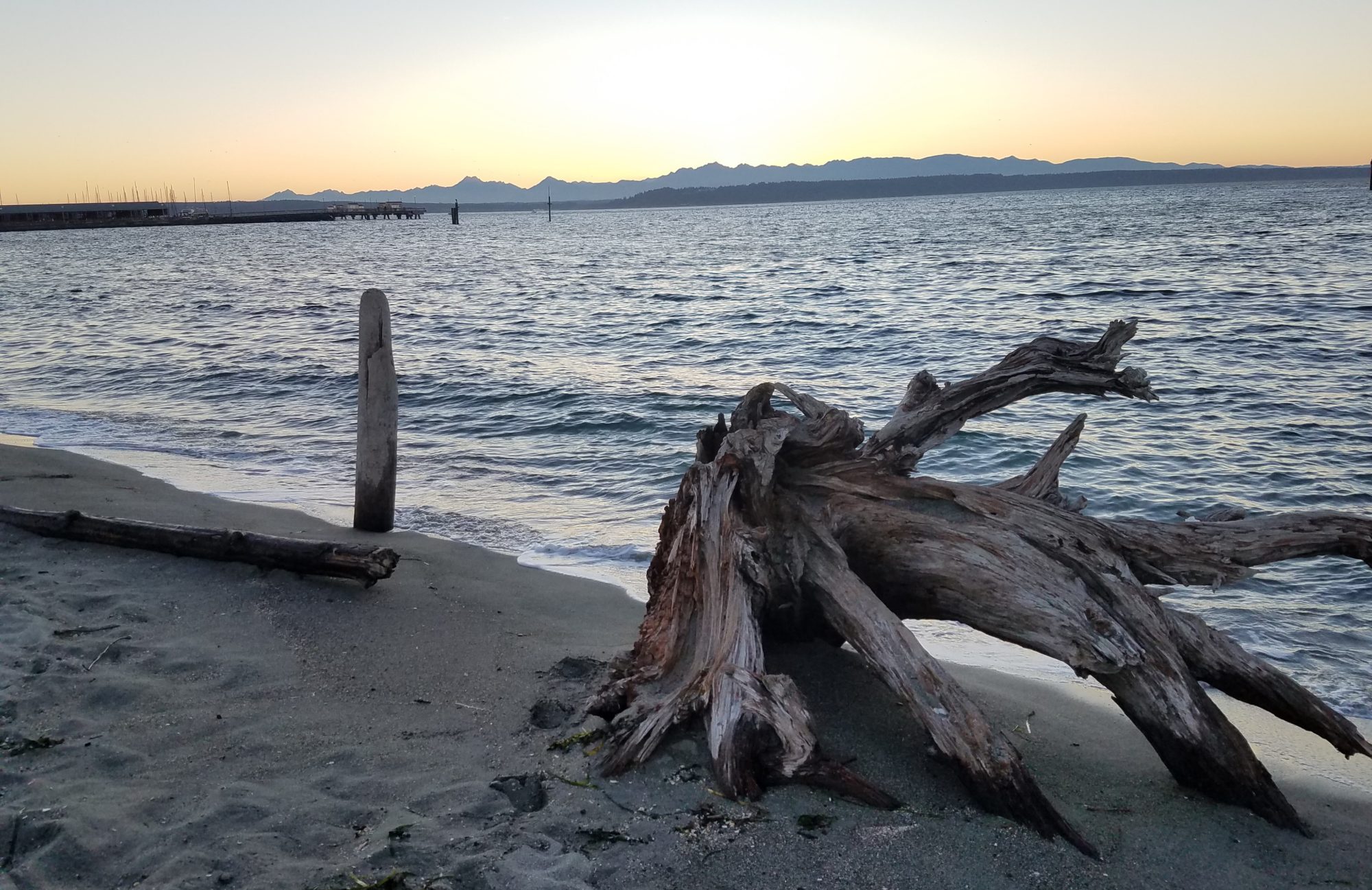From Fr. Richard Rohr’s Daily Meditation blog.
“If Christ is the body of God, which he is, then the bread he offers is also the body of the cosmos. Look deeply and you notice the sunshine in the bread, the blue sky in the bread, the cloud and the great earth in the bread. . . . You eat it in such a way that you become alive, truly alive.”
—Thich Nhat Hanh
“This is the purpose of the sacraments, of the church—to help us see, to point to the bread and wine, the orchids and the food pantries, the post-funeral potlucks and the post-communion dance parties, and say: pay attention, this stuff matters; these things are holy.”
—Rachel Held Evans
Practice – Remembering the Creator
Richard Wagamese (1955–2017) is a beloved Canadian indigenous writer whose life was transformed by returning to his Ojibwe family and culture after being separated from them for most of his young life. In his final book Embers, he shares meditations, reflections, and prayers that came to him during times of ritual and morning silence. He writes:
“The words in this book are embers from the tribal fires that used to burn in our villages. They are embers from the spiritual fires burning in the hearts, minds and souls of great writers on healing and love. . . . They are heart songs. They are spirit songs. And, shared with you, they become honour songs for the ritual ways that spawned them. Bring these words into your life. Feel them. Sit with them. Use them.”
Wagamese invites us to remember prayerfully both creation and the Creator:
“Remember. Remember that Creator is the wind on my face, the rain in my hair, the sun that warms me. Creator is the trees, rocks, grasses, the majesty of the sky and the intense mystery of the universe. Creator is the infant who giggles at me in the grocery line, the beggar who reminds me how rich I really am, the idea that fires my most brilliant moment, the feeling that fuels my most loving act and the part of me that yearns for that feeling again and again. Whatever ceremony, ritual, meditation, song, thought or action it takes to reconnect to that feeling is what I need to do today. . . Remember.”
Experience a version of this practice through video and sound
